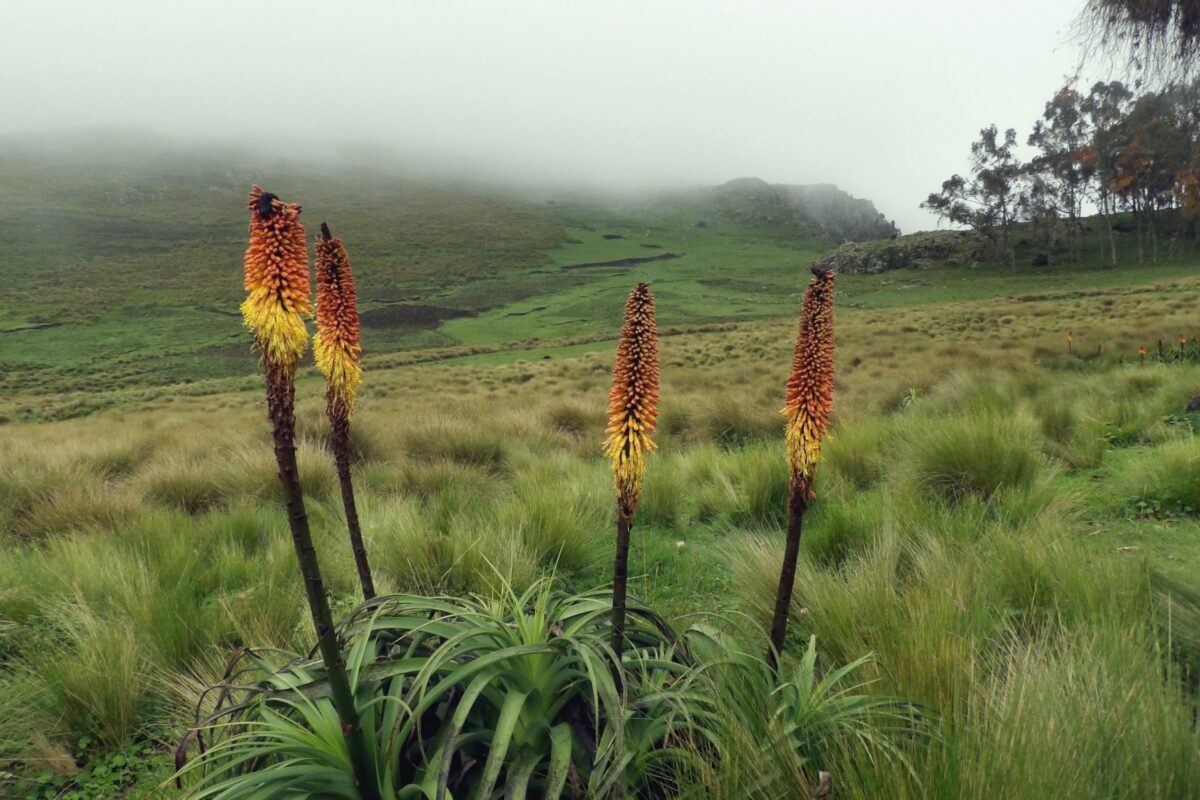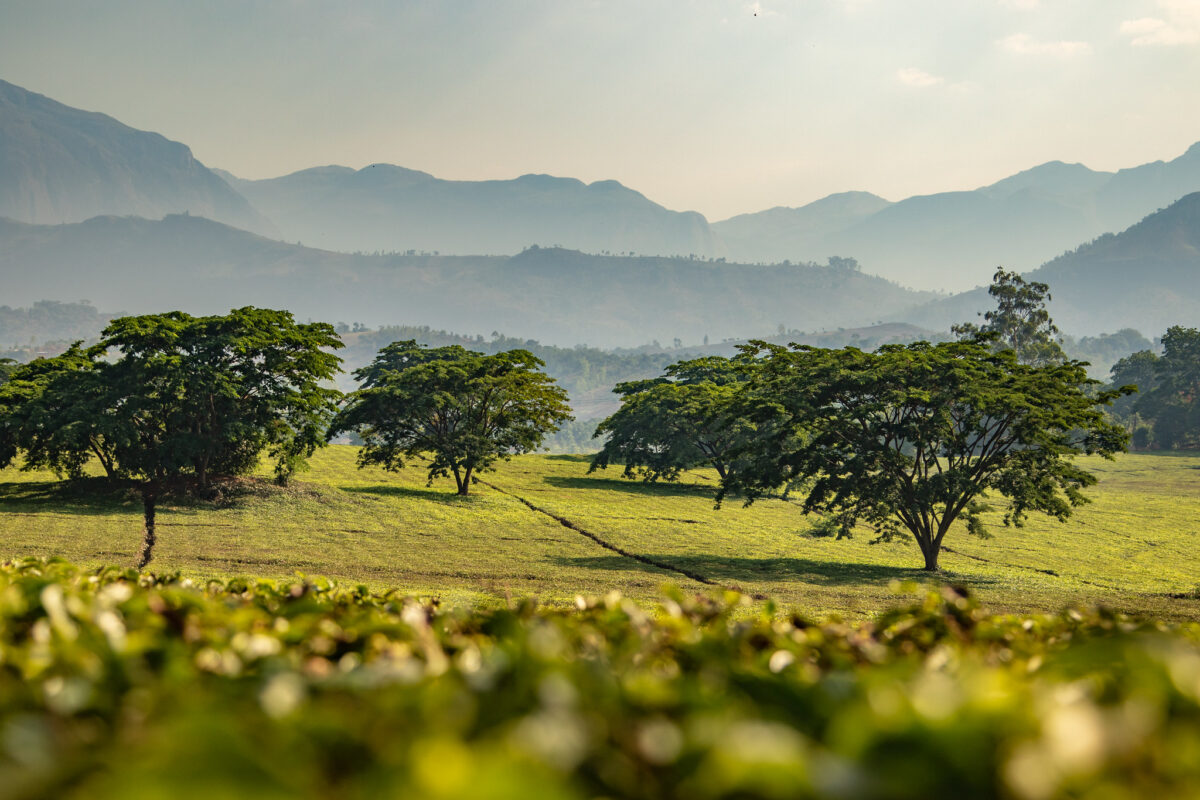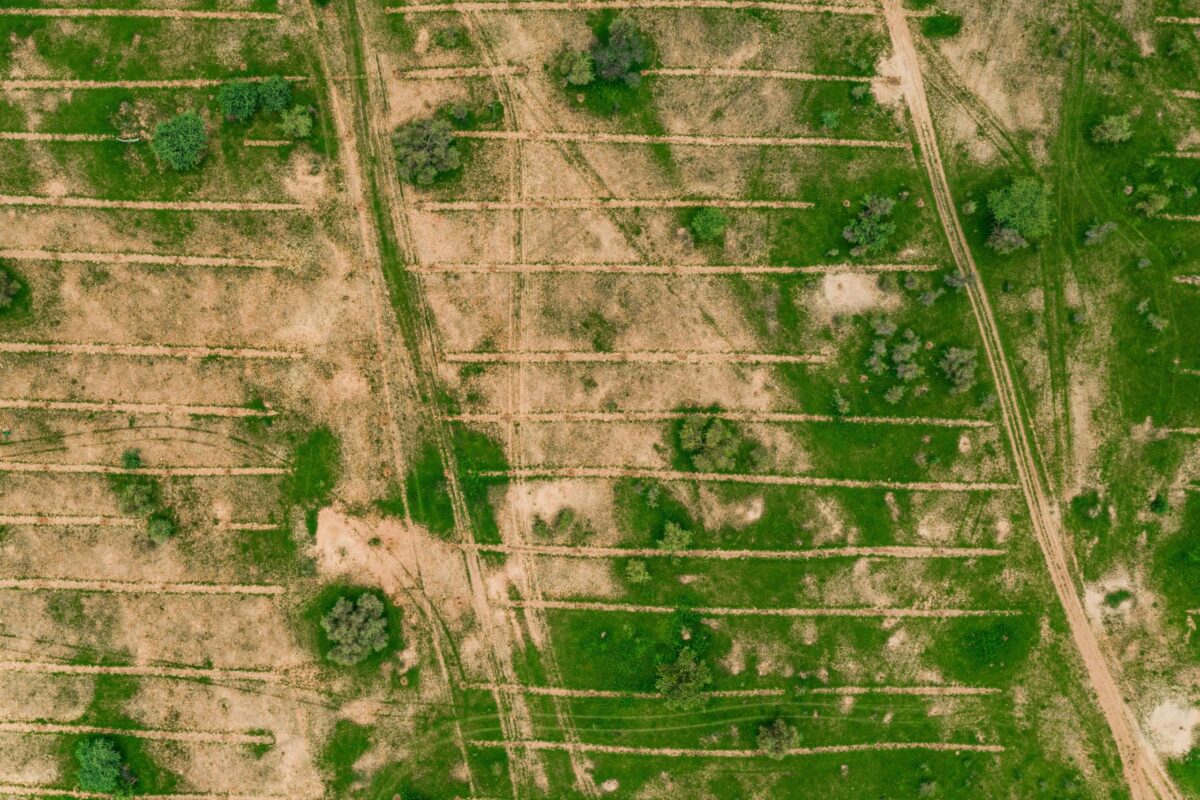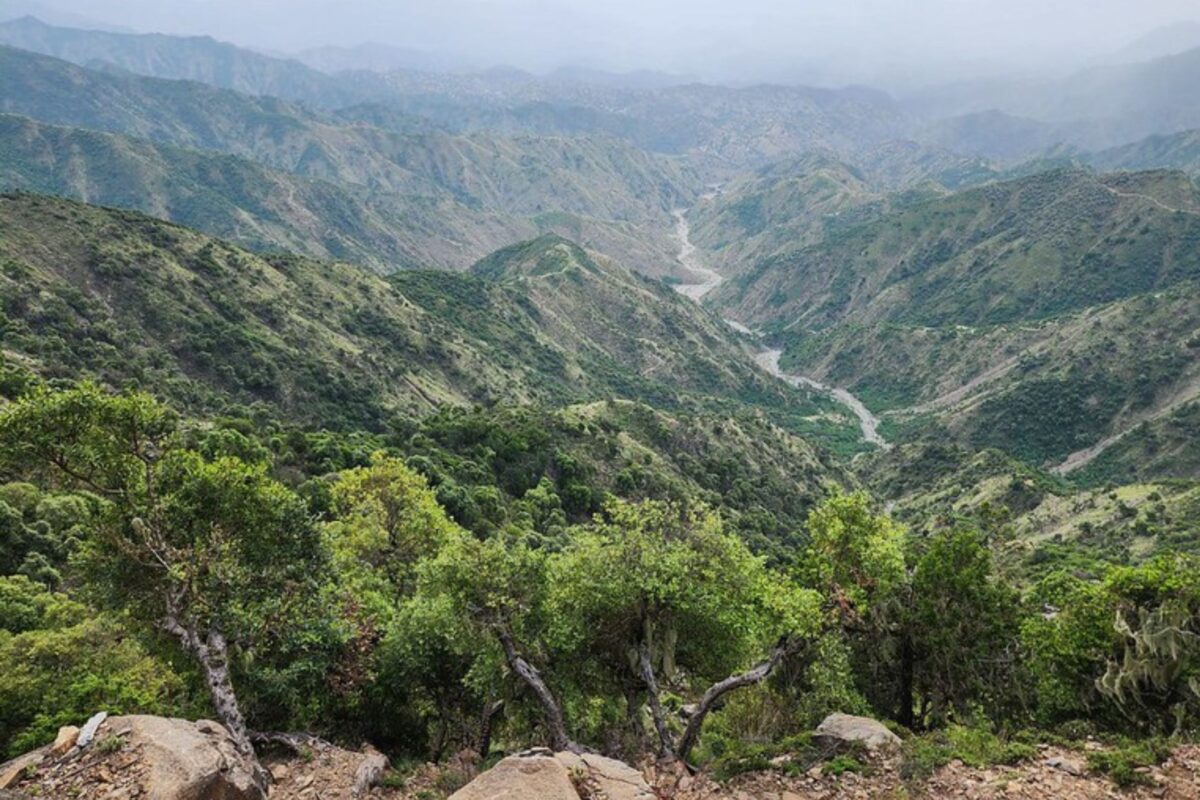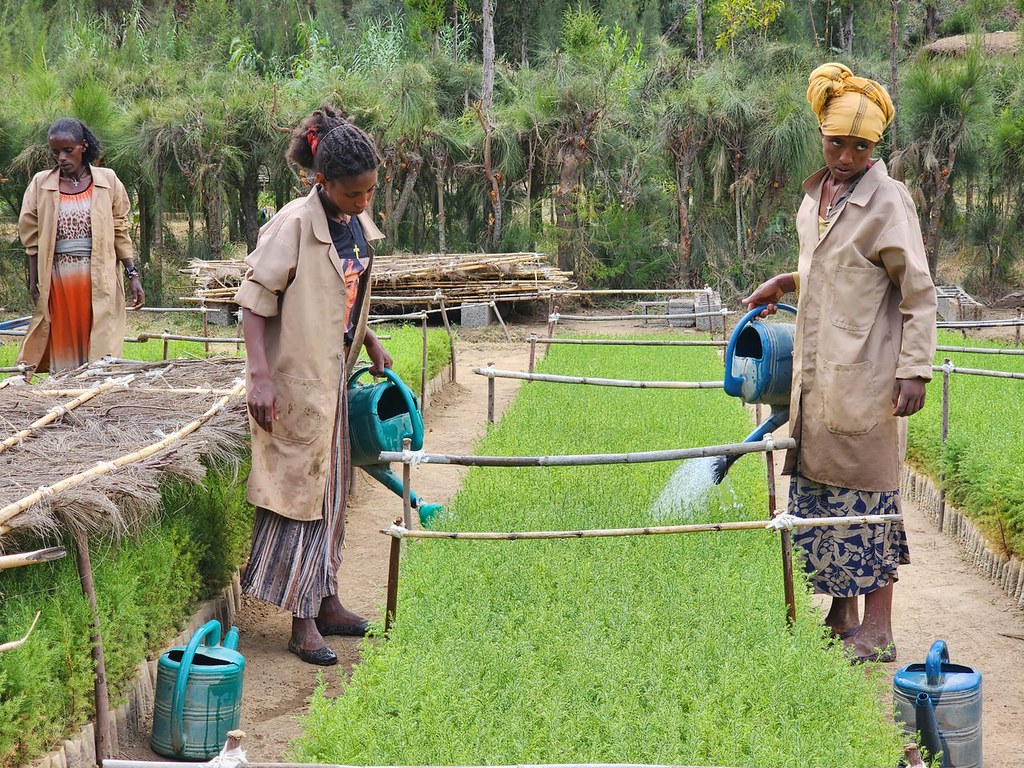WeForest and Oceanium have launched a high-impact mangrove restoration project in Senegal with Climate Impact Partners, experts in the voluntary carbon market for more than 25 years. The project is expected to deliver one million tonnes of carbon removals over the next 30 years whilst restoring habitats for more than fifty mammal species and hundreds of migratory birds.
The community-based mangrove restoration project will restore nearly 5000 hectares of the Casamance Delta ecosystem in Senegal. WeForest has supported the trials of pioneering new technologies and eDNA techniques in mangroves. The non-invasive technology detected plant and animal species in the regional mangrove ecosystem – including successfully singling out a rare species of pangolin, included on the International Union for Conservation of Nature (IUCN)’s endangered list and only one of three confirmed species in Senegal.
The first issuance of carbon credits is expected in 2026, with companies having the opportunity to secure nature-based carbon removal credits over the next 30 years and deliver on long-term climate commitments. The project will be among the first to issue under Verra’s latest methodology for tidal wetland restoration – accounting for sea level rises as well as accumulation of soil organic carbon. Climate Impact Partners and Silvestrum Climate Associates, authors of the methodology, will commence soil carbon analysis to better understand carbon sequestration in the region.
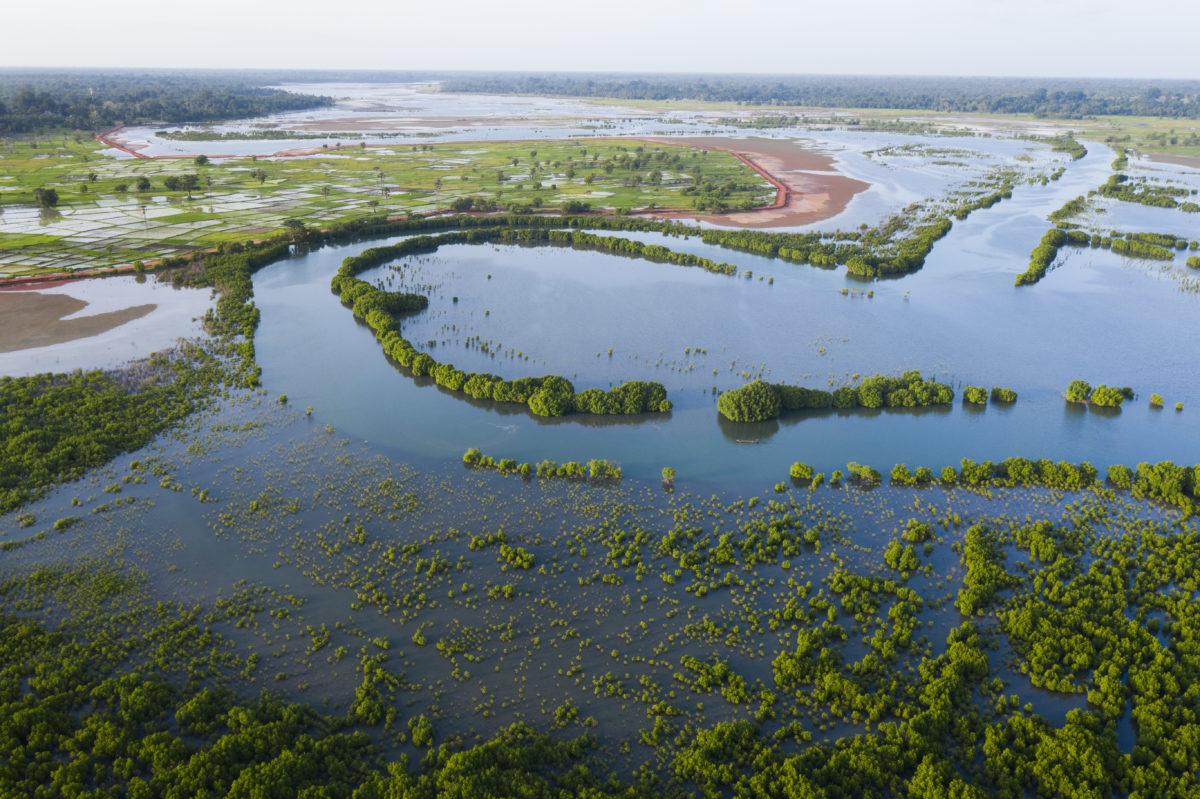
WeForest, the project implementation partner, has worked closely with local NGO Oceanium to deliver the successful community-based planting of nearly eight million mangroves, with a total of 23 million expected to be planted by 2028. Through extensive prior planting and restoration, we have established strong community and government relationships. Climate Impact Partners carried out a species site matching study to ensure the most suitable mangroves are planted in each area.
Alongside the carbon impact and biodiversity value, the project delivers significant community benefits including supporting the wider employment of thousands of women and contributing to the wellbeing improvement of entire communities through enhanced fishing, farming, and bee keeping.
“Mangroves are heroes on the frontline of climate change, but projects like this are scarce. With more than 35% of the world’s mangroves lost since 1980, this project presents a fantastic opportunity to deliver significant climate, biodiversity and community impact, and means companies can secure large volumes of high-impact carbon removal credits and be prepared to meet their net zero climate commitments. Our quality by design approach means we consider all the elements needed to deliver a successful, impactful project – from design through to delivery – and our partnership with WeForest, experts in restoring threatened landscapes, and a local NGO, Oceanium, is critical to creating a project built to thrive.”
Rachael Nutter, Global Director of Project Development at Climate Impact Partners
“Everyone loves mangroves and often for very different reasons. No wonder they are often referred to as ‘the hidden jewels of our planet!’ They are vital for supporting biodiversity, protecting coastlines, and absorbing carbon, mostly in the soil. They’re more than just trees – they’re the lifeline of coastal communities, weaving together livelihoods and cultures. WeForest is proud to restore these invaluable treasures, protecting natural habitats, and ensuring they continue to thrive for generations to come.”
Marie-Noelle Keijzer, CEO and co-founder of WeForest


